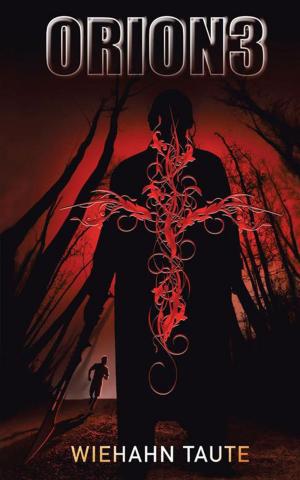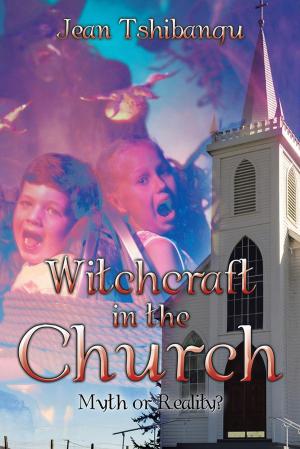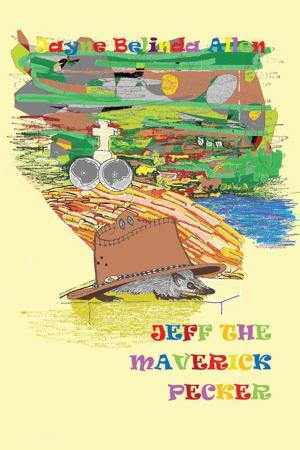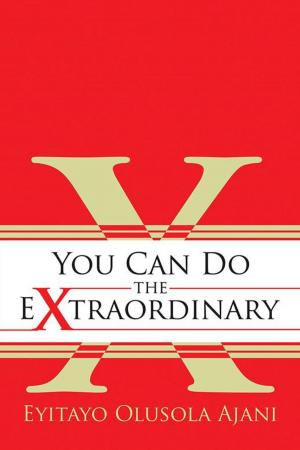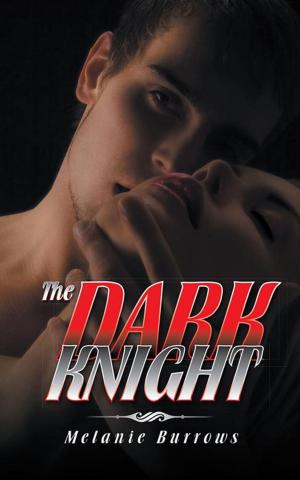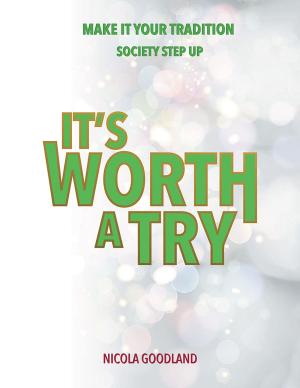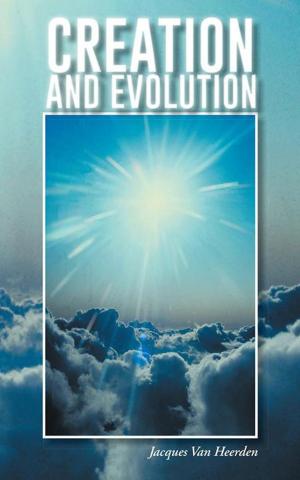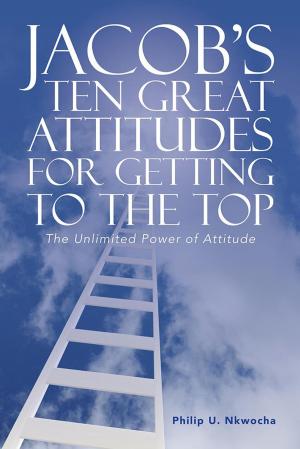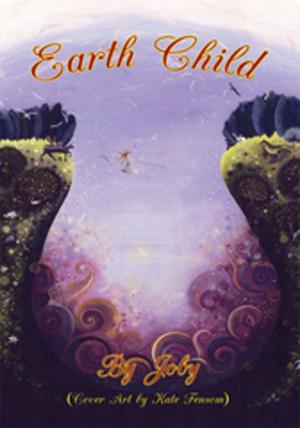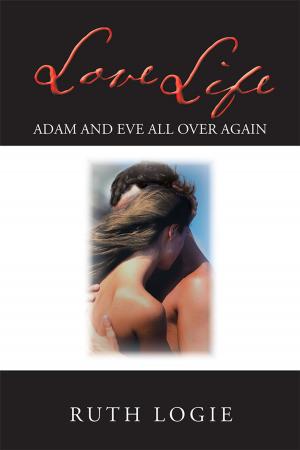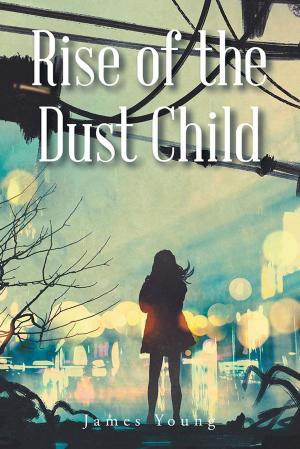A Slightly Sarcastic Look at the New South Africa by a Slighty Bitter Bantu
Book 1: Rainbow Nations, White People’S Hair and Other Things That Make Me Bitter
Fiction & Literature| Author: | Sizwe Thekingrat Mabanga | ISBN: | 9781481783507 |
| Publisher: | AuthorHouse UK | Publication: | June 10, 2013 |
| Imprint: | AuthorHouse UK | Language: | English |
| Author: | Sizwe Thekingrat Mabanga |
| ISBN: | 9781481783507 |
| Publisher: | AuthorHouse UK |
| Publication: | June 10, 2013 |
| Imprint: | AuthorHouse UK |
| Language: | English |
Ive accepted that this first book is really just a novelty book: the quaint ideas of a bitter Bantu man who cannot let go of the past, the last of those so-called freedom fighters who belong in museums. I imagine this book will end up on the coffee tables of, well, people who have coffee tables. But so be it. Ill happily fade into the background of endless time. But there are some ideas that must just outlive this bitter-souled freedom fighter. Look, its simple: Mostly you are who you think you are. And when people are actually listening, you are who you say you are. I am Bantu. To me, being Bantu is the epitome of being human. Being Bantu is a glorious gift that I refuse to squander recklessly in the excesses of modern Western culture. And life really is all just games we all assume we must play. All the smart people know this. Its part of why they are smart. Western culture is just a game. It is one game among many games. It is a game that currently decides the fates of billions of people, yes, but it is just a game. Deeply embedded in the Western culture games is the race game (white people versus everyone else). The race game is still being played globally and locally. The race game, like any other, has its own set of rules, regulations, penalties, and rewards for us players and is sometimes even fun. But I personally grow tired of Western culture and the race game, especially the part where Bantu people are generally losing. There are other better games to be played. We have choices. These choices are the freedom we fought for. But the Western culture game will need to be dealt with first because it frames a lot of the Bantu neocolonial stories. It frames our post-1994 economic and cultural struggles in South Africa. We cannot ignore it. I thus suggest that we Bantu start looking at ourselves as game changers and not just as late entrants into a long-running oppressive game. After all, this is our life. Our Africa. Our time. It is better to die for an idea that will live than to live for an idea that will die (Steve Biko).
Ive accepted that this first book is really just a novelty book: the quaint ideas of a bitter Bantu man who cannot let go of the past, the last of those so-called freedom fighters who belong in museums. I imagine this book will end up on the coffee tables of, well, people who have coffee tables. But so be it. Ill happily fade into the background of endless time. But there are some ideas that must just outlive this bitter-souled freedom fighter. Look, its simple: Mostly you are who you think you are. And when people are actually listening, you are who you say you are. I am Bantu. To me, being Bantu is the epitome of being human. Being Bantu is a glorious gift that I refuse to squander recklessly in the excesses of modern Western culture. And life really is all just games we all assume we must play. All the smart people know this. Its part of why they are smart. Western culture is just a game. It is one game among many games. It is a game that currently decides the fates of billions of people, yes, but it is just a game. Deeply embedded in the Western culture games is the race game (white people versus everyone else). The race game is still being played globally and locally. The race game, like any other, has its own set of rules, regulations, penalties, and rewards for us players and is sometimes even fun. But I personally grow tired of Western culture and the race game, especially the part where Bantu people are generally losing. There are other better games to be played. We have choices. These choices are the freedom we fought for. But the Western culture game will need to be dealt with first because it frames a lot of the Bantu neocolonial stories. It frames our post-1994 economic and cultural struggles in South Africa. We cannot ignore it. I thus suggest that we Bantu start looking at ourselves as game changers and not just as late entrants into a long-running oppressive game. After all, this is our life. Our Africa. Our time. It is better to die for an idea that will live than to live for an idea that will die (Steve Biko).

